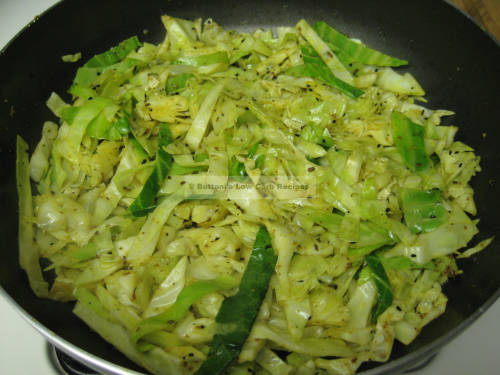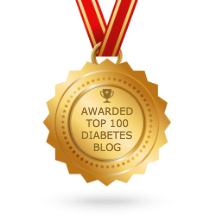
I’m increasingly distrustful of the mainstream (aka legacy) media. Ownership of it is in the hands of surprisingly few people. This makes reported news susceptible to manipulation by folks that have an agenda that may be at odds with your desire for “just the facts.”
In 1976, when the U.S had only three or four national over-the-air TV stations and no Internet, 72% of Americans trusted mass media. A Gallup poll found that in 2023, only 32% of Americans had a “great deal” or a “fair amount” of trust in the mass media. A larger percentage—39%—had “none at all.” In view of AI or CGI-generated imaging, it’s getting hard to believe anything you don’t see with your own eyes.
Most of the mainstream media (aka legacy media) consumed in the U.S. originates from a handful of companies. From a 2021 essay by Helen Johnson:
In 1983 there were 50 dominant media corporations. Today there are five. These five conglomerates own about 90 percent of the media in the United States, including newspapers, magazines, book publishers, motion picture studios and radio and television stations. As of 2020, the five media giants are AT&T (Time Warner, CNN, HBO), Comcast (NBC Universal, Telemundo, Universal Pictures), Disney (ABC, ESPN, Pixar, Marvel Studios), News Corp (Fox News, Wall Street Journal, New York Post) and ViacomCBS (CBS, Paramount Pictures).
Alternative Media for Your Consideration (not for local news, sports, weather)
By no means do I endorse or agree with everything you see or hear at these sites.
- Tucker Carlson on X (news, opinion, politics, interviews)
- RamzPaul on Rumble (news, cultural commentary, nationalism)
- The Dan Bongino Show on Rumble (politics, news, opinion)
- Michael Farris’ podcast “Coffee and a Mike” (interviews)
- “Redacted” with Natali and Clayton Morris on Rumble (news, cultural commentary)
- Jeffrey Prather’s “The Prather Point” on Rumble (preparedness, Deep State exposure, communitarianism)
- The Epoch Times (U.S. and international news, lifestyle, health, Falun Gong)
- The Unz Review (cultural commentary, economics, literature, politics, conspiracy)
- Catherine Austin Fitts at Solari.com (for personal finance and investing, banking, government)
- RT at RT.com (news and commentary from a Russian viewpoint)
- O’Keefe Media Group (citizen journalism, expose wrongdoing)
- Democracy Now! at http://www.democracynow.org or on YouTube (independent global news)
- Paul Craig Roberts at paulcraigroberts.org (opinion, politics, cultural decay)
- Al Jazeera at aljazeera.com (international news organization based in Qatar)
- Lew Rockwell at LewRockwell.com (news and opinion)
- Alex Jones at Infowars.com (news, opinion, health, politics, economics, conspiracy, vitamins)
- Vox Popoli at voxday.net (philosophy, economics, politics, books, Arktoons, socio-sexual hierarchy, Christianity, classic literature)
- Russell Brand on Rumble.com (news, social commentary, iconoclasm, politics)
- Glenn Greenwald on Rumble.com (mostly politics)
- Stew Peters Network on Rumble.com (social commentary, news)
- Karl Denninger, The Market Ticker at market-ticker.org (finance and politics)
- The Joe Rogan Experience at Spotify.com (long-form interviews with comics, entertainers, politicians, scientists, etc.
- The Chris Hedges Report at The Real News Network (TheRealNews.com) or YouTube, or ChrisHedges.substack.com (wide-ranging interviews, essays)
- The Real News Network at TheRealNews.com (journalism “advancing the cause of a more just, equal, and livable planet”);
- Elijah Schaffer’s “Slightly Offensive” channel at Rumble.com (social commentary, interviews)
- Censored.tv (Comedy and cultural commentary; some free content, much behind paywall)
- Louder With Crowder podcast (Steven Crowder: comedy, news, politics)
- Judging Freedom (Andrew Napolitano) on YouTube (law and politics)
- The Jimmy Dore Show on Rumble.com (comedy, news, politics)
- Timcast IRL (Tim Pool) podcast or YouTube (news, politics, culture)
- Matt Taibbi at http://www.racket.news and the podcast America This Week (news, opinion, cancel culture, culture war)
I’d like to know if you agree or disagree with these choices, or if you’d add any.
Steve Parker, M.D.












